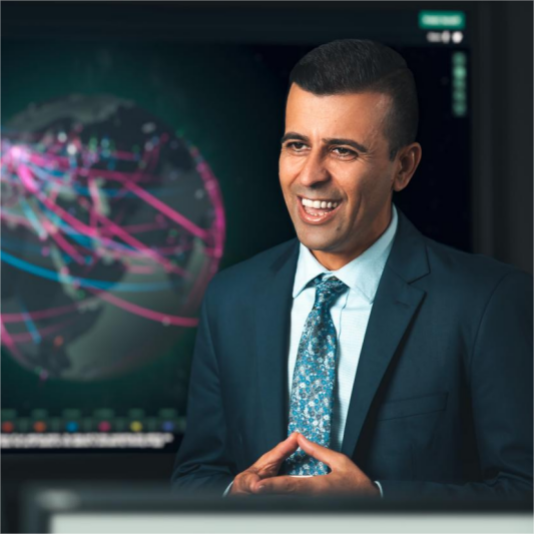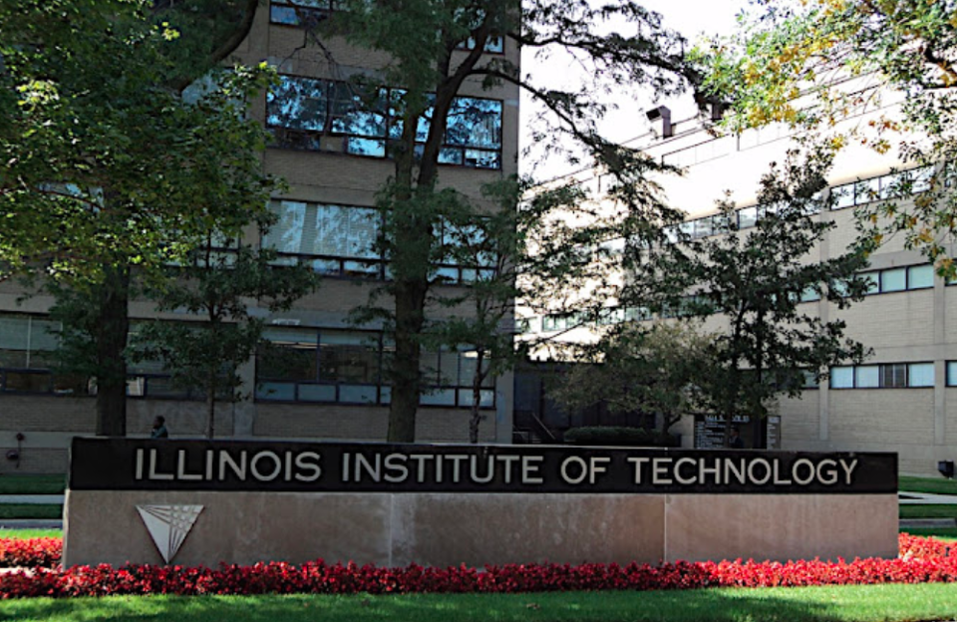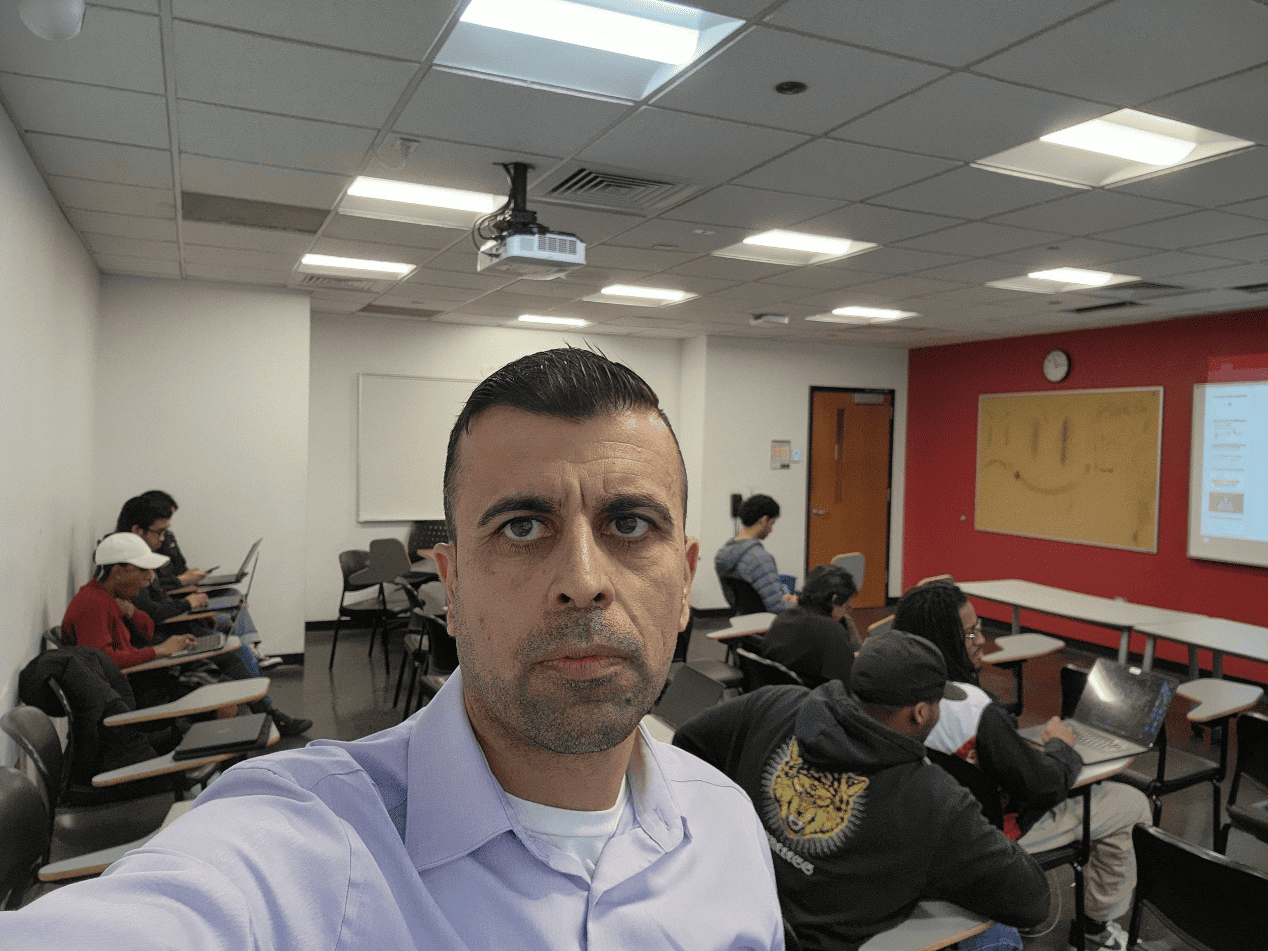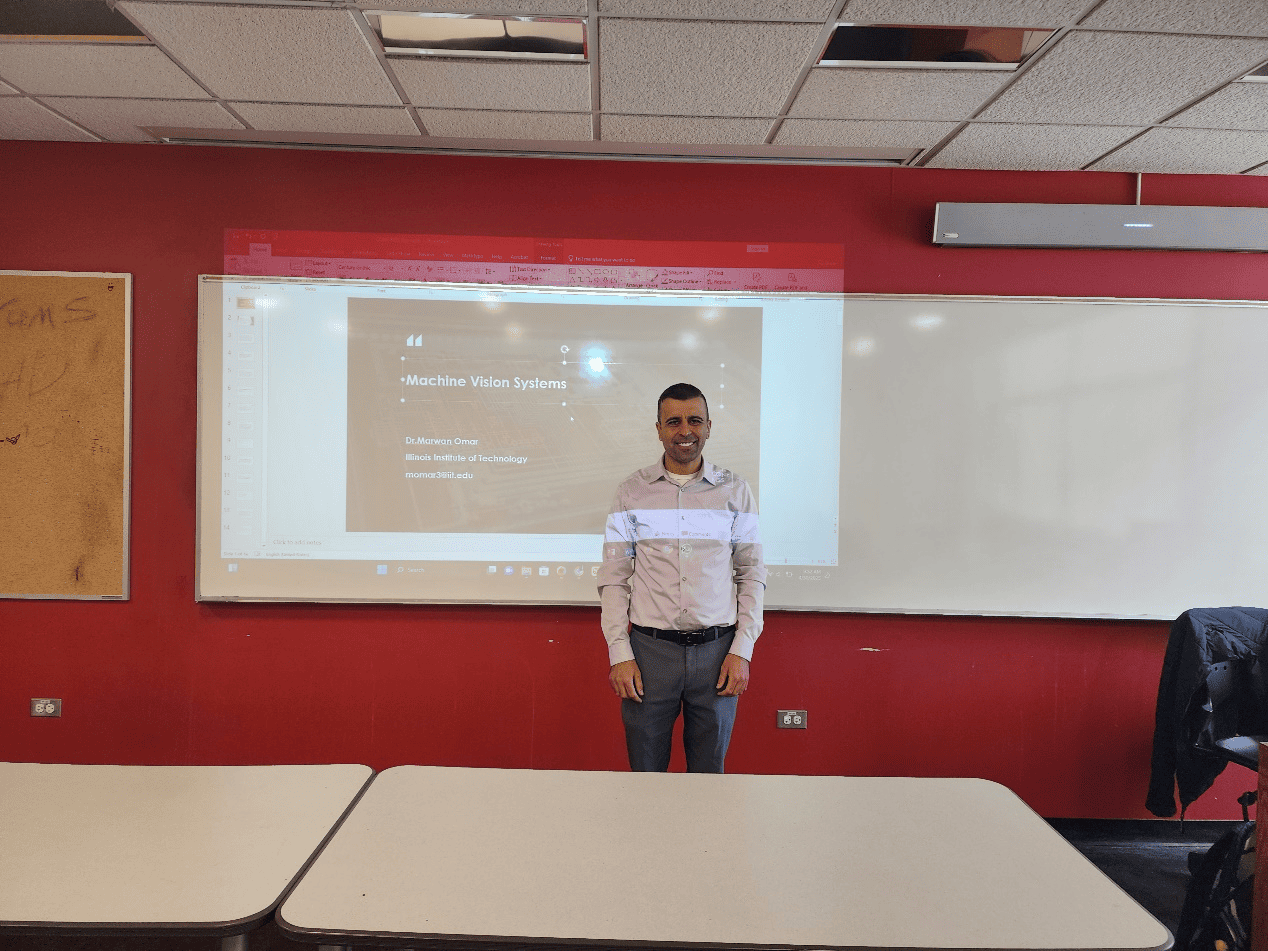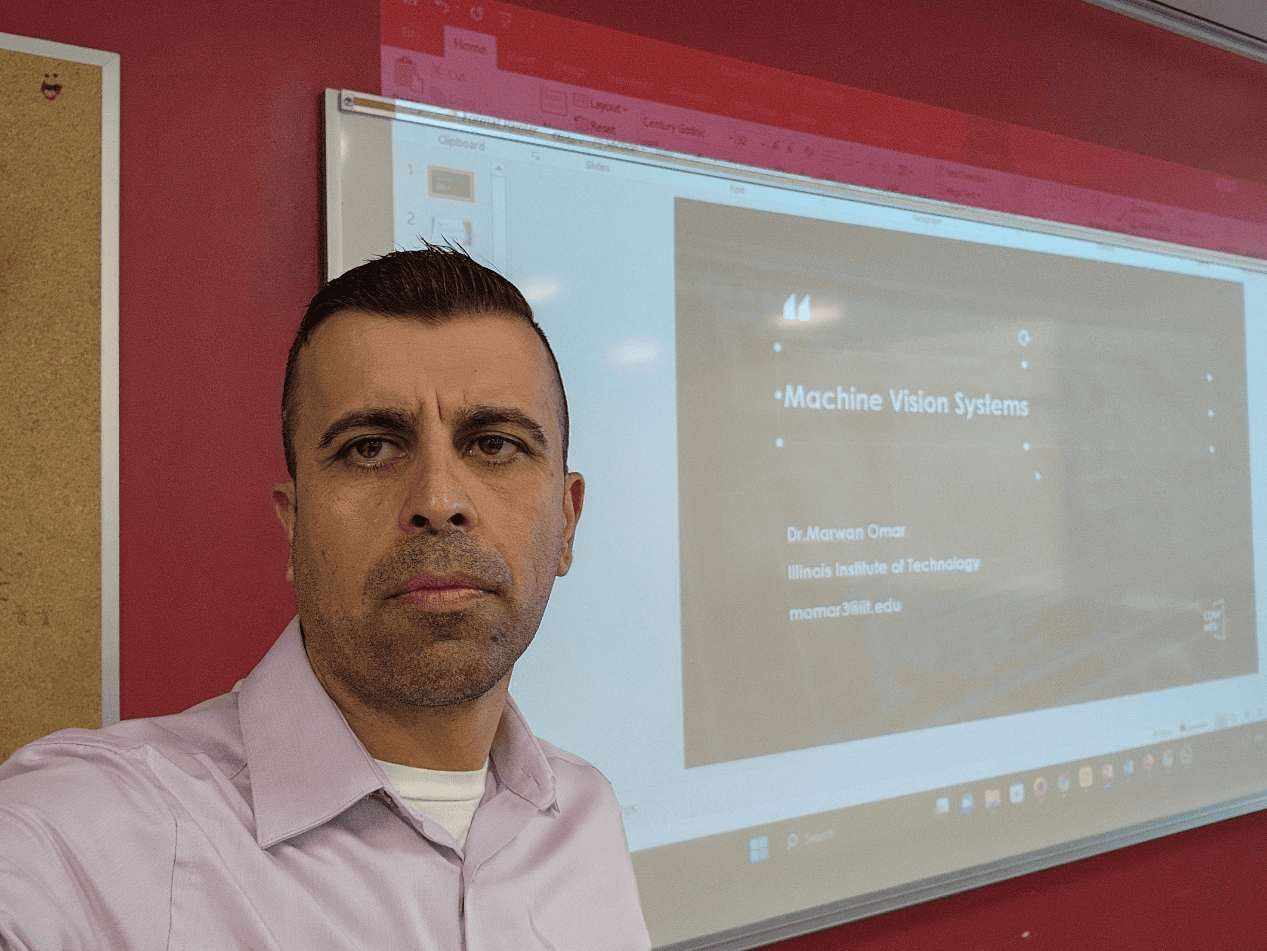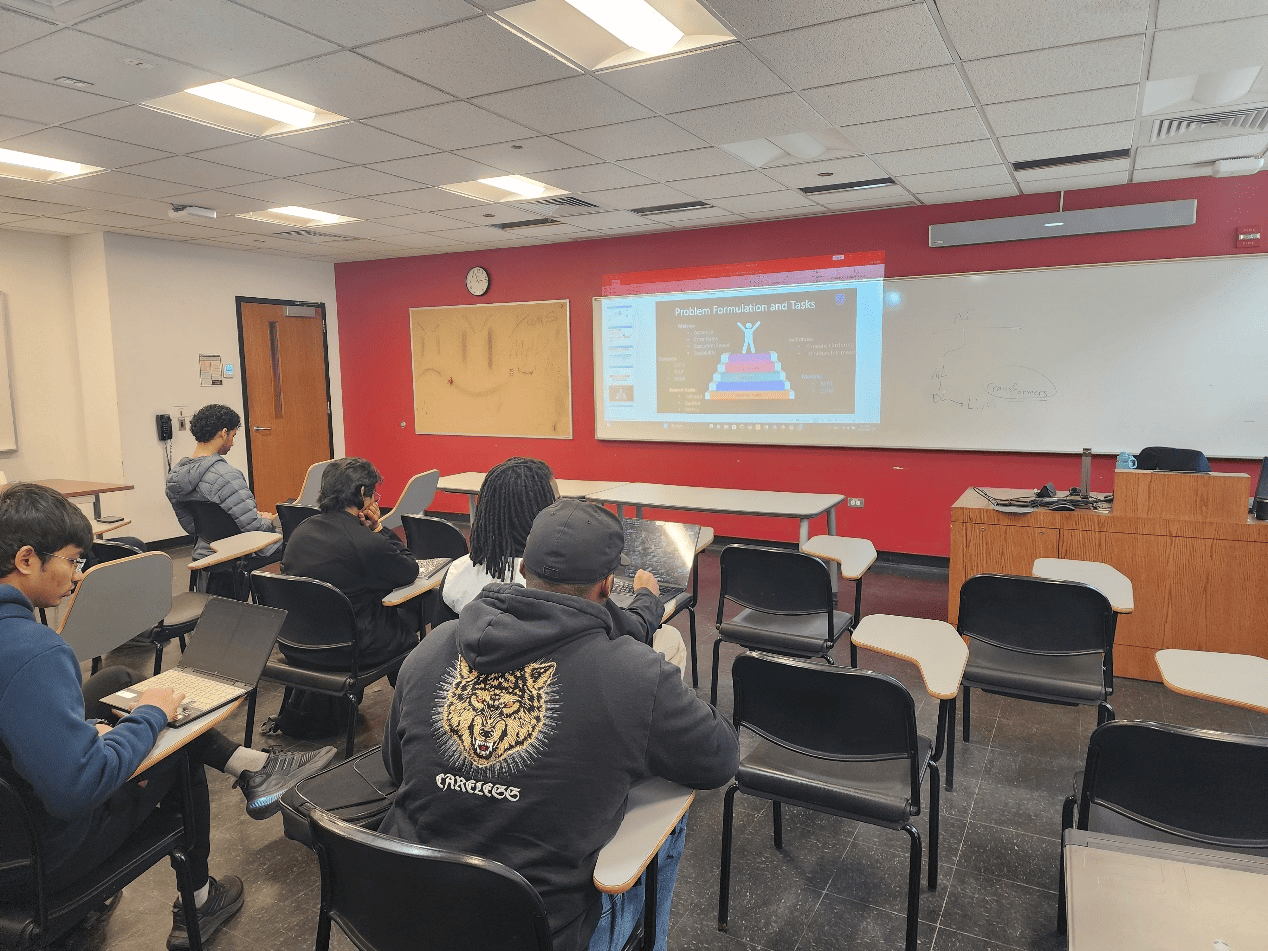Background:
The Machine Vision System symposium will provide participants with a comprehensive introduction to the principles, technologies, and applications of machine vision. The session will begin by outlining the fundamental components of a machine vision system, including cameras, sensors, lighting, image processing software, and algorithms. Attendees will gain insights into how these elements integrate to enable machines to "see" and interpret visual data for automated decision-making.
Throughout the symposium, real-world applications will be explored, such as defect detection in manufacturing, barcode and QR code reading in logistics, and quality assurance in food production. Hands-on demonstrations will allow participants to experience configuring vision systems, calibrating cameras, setting up proper lighting, and developing simple image analysis workflows. Special attention will be given to preprocessing techniques and training machine learning models for complex inspection tasks.
Key challenges such as dealing with variable lighting conditions, motion blur, and processing high volumes of visual data will be discussed, along with best practices to overcome them. The symposium will conclude with a review of emerging trends in the field, including AI-powered vision systems, edge computing, and the integration of 3D vision technologies.
Participants will leave the session with practical knowledge and a strong foundation to apply machine vision techniques in various industrial and research settings.
Goal/Rationale:
The Machine Vision System symposium will be developed to address the growing demand for automation and precision in modern industries. As businesses increasingly rely on visual data to drive quality control, inspection, and operational efficiency, understanding machine vision technology will become essential. Machine vision systems—comprising cameras, sensors, processors, and algorithms—will offer the ability to detect defects, guide robotic systems, and extract actionable information from visual inputs. However, designing, implementing, and optimizing these systems will require specialized knowledge across multiple technical domains.
The goal of the symposium will be to equip participants with both theoretical and practical expertise in machine vision. It will aim to build a strong foundation in the core components of vision systems, introduce best practices for system integration, and demonstrate real-world applications across industries such as manufacturing, logistics, healthcare, and agriculture. Participants will be guided through hands-on activities where they will configure basic vision systems, interpret imaging results, and understand key challenges such as lighting, focus, and object variability.
Ultimately, the symposium will prepare attendees to design and implement effective machine vision solutions that enhance automation, improve product quality, and enable smarter decision-making in a competitive and evolving technological landscape.
Prospective authors are kindly invited to submit full papers that include title, abstract,
introduction, tables, figures, conclusion and references. It is unnecessary to submit an
abstract in advance. Please submit your papers in English.
Each paper should be no less than 4 pages. One regular registration can cover a paper of 6
pages, and additional pages will be charged. Please format your paper well according to the
conference template before submission. Paper Template
Download
Please prepare your paper in both .doc/.docx and .pdf format and submit
your full paper by email with both formats attached directly to sympo_chicago@confmss.org
Publication:
Accepted papers of the symposium will be published in Applied and Computational Engineering
(ACE) (Print ISSN 2755-2721),
and will be submitted to Conference Proceedings Citation Index (CPCI), Crossref, CNKI,
Portico, Engineering Village (Inspec), Google Scholar,
and other databases for indexing. The situation may be affected by factors among databases
like processing time, workflow, policy, etc.
Publication info
Title: Applied and Computational Engineering (ACE)
Press: EWA Publishing, United Kingdom
ISSN: 2755-2721 2755-273X (electronic)
This symposium is organized by CONF-MSS 2025 and it will independently proceed the submission and
publication process.
* The papers will be exported to production and publication on a regular basis.
Early-registered papers are expected to be published online earlier.
Highlights
The Machine Vision System symposium will provide participants with a comprehensive introduction to the principles, technologies, and applications of machine vision. The session will begin by outlining the fundamental components of a machine vision system, including cameras, sensors, lighting, image processing software, and algorithms. Attendees will gain insights into how these elements integrate to enable machines to "see" and interpret visual data for automated decision-making.
Throughout the symposium, real-world applications will be explored, such as defect detection in manufacturing, barcode and QR code reading in logistics, and quality assurance in food production. Hands-on demonstrations will allow participants to experience configuring vision systems, calibrating cameras, setting up proper lighting, and developing simple image analysis workflows. Special attention will be given to preprocessing techniques and training machine learning models for complex inspection tasks.
Key challenges such as dealing with variable lighting conditions, motion blur, and processing high volumes of visual data will be discussed, along with best practices to overcome them. The symposium will conclude with a review of emerging trends in the field, including AI-powered vision systems, edge computing, and the integration of 3D vision technologies.
